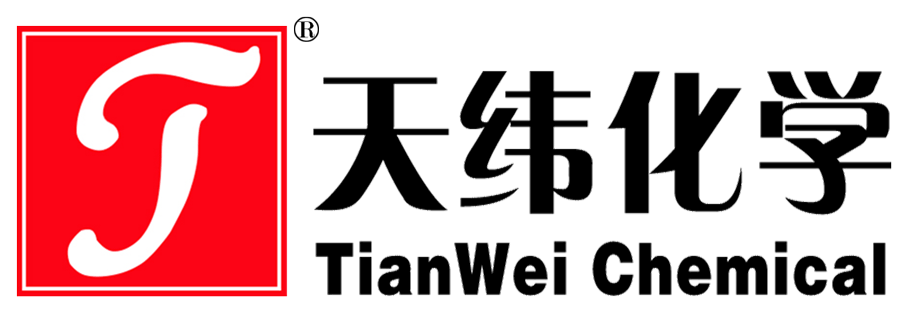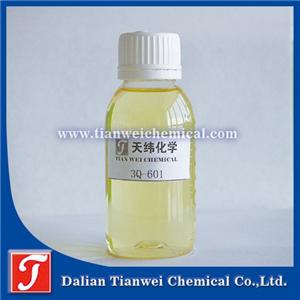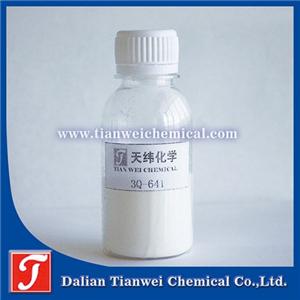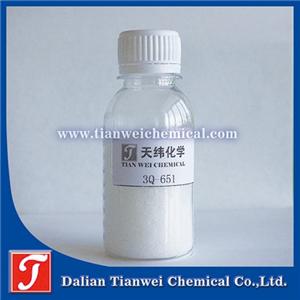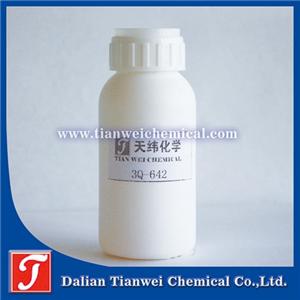The advantages of zinc ion antibacterial agents used in ABS air conditioner shell materials
The use of zinc ion antibacterial agents in the ABS air conditioner shell material can endow the material with antibacterial properties, enhance the hygiene and durability of the product. The following is a detailed introduction:
Antibacterial mechanism
Zinc ion antibacterial agents use inorganic zinc ion complexes as active ingredients and achieve antibacterial effects by destroying the cellular structure and function of bacteria. Zinc ions can be released slowly. As the surface of bacteria carries a negative charge, positively charged metal ions are adsorbed on the surface of bacteria, disrupting their electrolyte balance and causing damage to the cell walls of bacteria, leading to their death. Meanwhile, zinc ions enter the interior of bacteria, react with and combine with the cellular enzymes of bacteria, inhibiting the activity of cellular enzymes and the reproduction and regeneration of bacteria.
Performance advantage
Broad-spectrum antibacterial: It can effectively inhibit the growth of Gram-positive and Gram-negative bacteria, and has an ideal killing effect on Staphylococcus aureus, Escherichia coli, Cyanobacterium xanthophylla, Fusarium, Aspergillus, etc. at relatively low temperatures.
Heat resistance stability: The inorganic material properties enable it to withstand temperatures up to 400℃, ensuring product quality and performance under both high and low temperature conditions. It is suitable for the processing of ABS materials.
Good anti-color change property: By controlling the release rate of metal ions through special process technology, it will not change color during the mixing process or over time, and has excellent UV resistance.
Good dispersibility: No agglomeration occurs and it can be easily dispersed into various substrates such as ABS.
Safety and environmental protection: It contains no arsenic or tin, has no VOCs emissions, is highly safe, can be used in food contact, complies with EU environmental protection regulations, can be rapidly biodegraded, leaves no residue, and causes no pollution to the environment.
Long-lasting antibacterial effect: When antibacterial agents come into contact with bacteria, zinc ions are slowly released, destroying the structure and function of the bacteria and achieving the antibacterial purpose. After killing the bacteria, zinc ions can be released from the cells. Repeating the above sterilization process makes the antibacterial effect long-lasting and stable.
No drug resistance: Compared with traditional antibiotics, zinc-ion antibacterial agents are less likely to develop drug resistance. Even if bacteria develop resistance to a certain antibiotic, zinc-ion antibacterial agents can still kill them.
Application effect
Enhance hygiene performance: It can inhibit the degradation of ABS material by microorganisms, reduce problems such as shell discoloration and cracking caused by mold and aging, lower after-sales maintenance costs, and at the same time reduce the risk of users contracting diseases due to contact with contaminated surfaces.
Meet standard requirements: It can meet domestic and international antibacterial and antifungal standards such as ISO 22196, GB/T31402, and GB 15979. The antibacterial rate of some antibacterial agents against Staphylococcus aureus and Escherichia coli can reach over 99%.
Enhanced material performance: It has strong anti-ultraviolet aging and anti-thermal aging capabilities. At the same time, it can increase the heat insulation performance of the coating, improve the adhesion, brightness, scrub resistance, scratch resistance, strength, hardness, toughness and other properties of the coating, and improve the self-cleaning, waterproof and anti-seepage, anti-wear, anti-corrosion and color retention of the coating.
